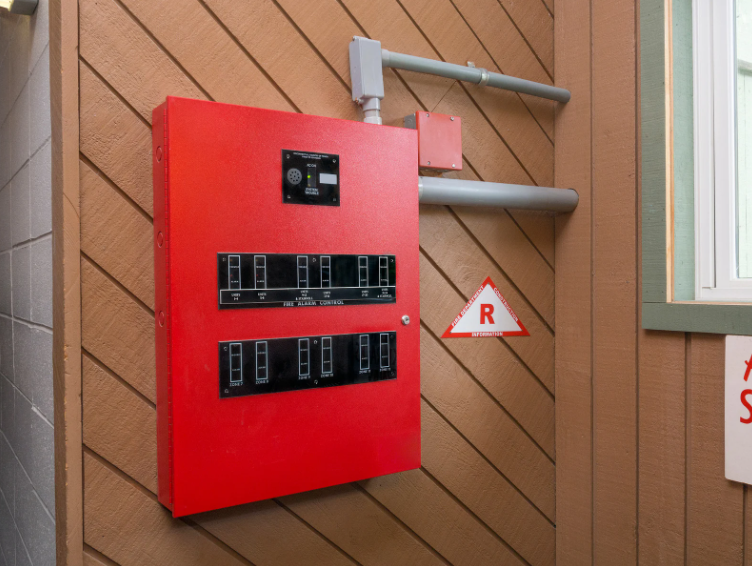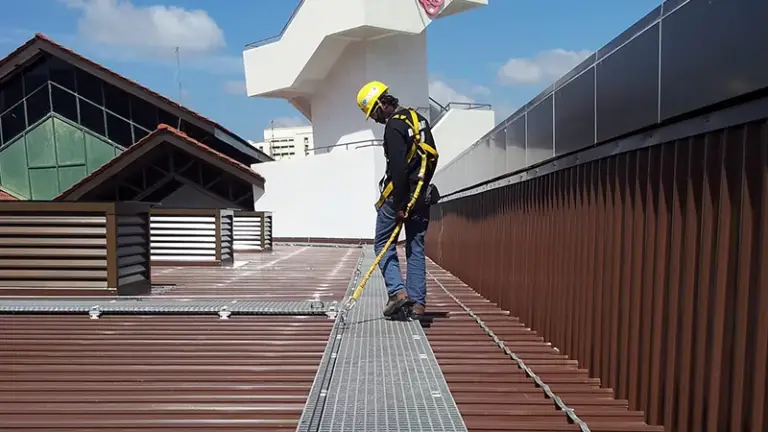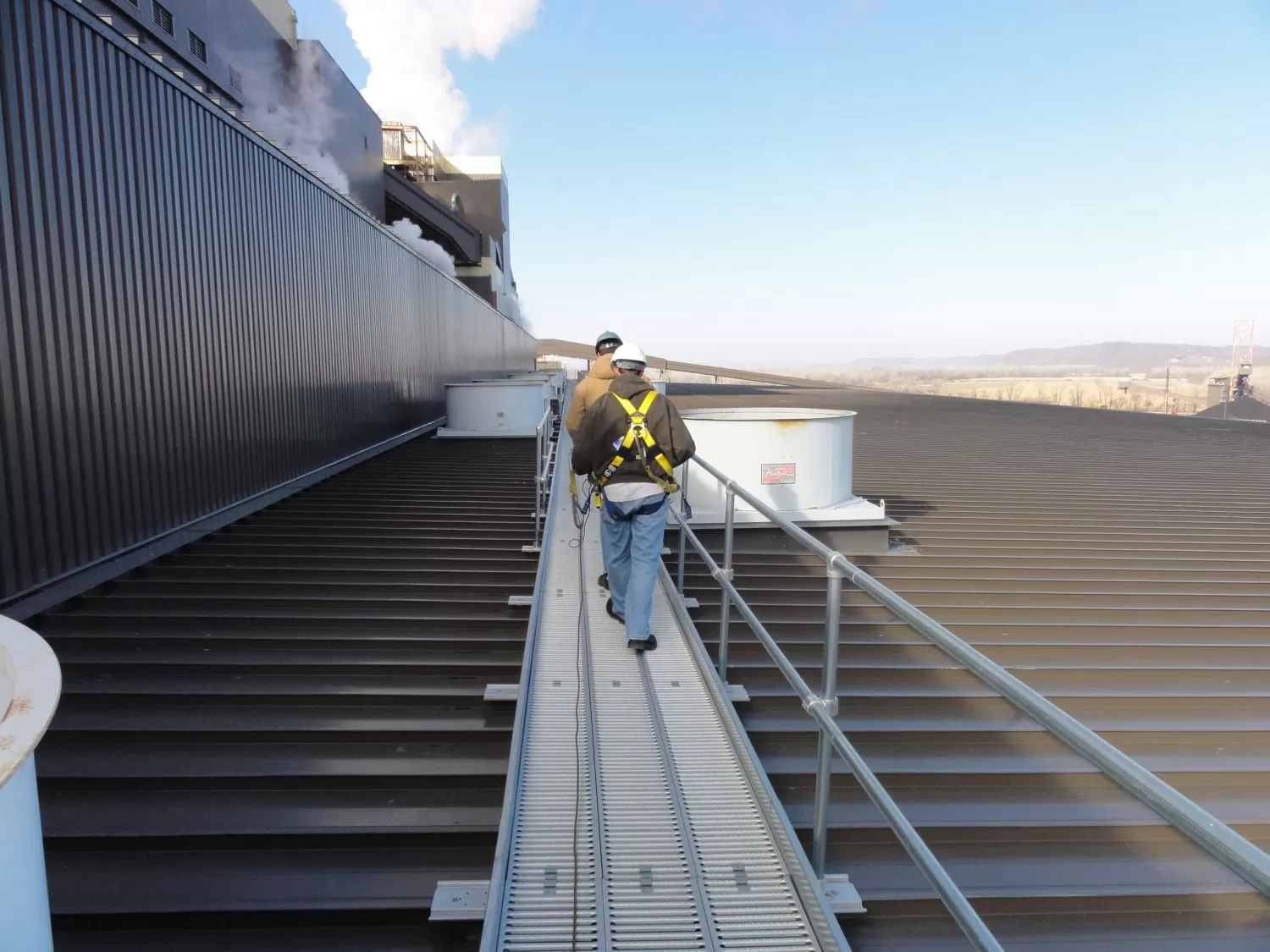A fire alarm panel is a crucial component of any building’s fire safety system. It serves as the central hub that monitors and controls fire detection devices, ensuring that occupants are alerted in case of a fire emergency. Regular maintenance of a fire alarm panel is essential to guarantee its proper functionality and reliability. Without routine checks, a fire alarm panel may fail at critical moments, leading to devastating consequences. This article explores the significance of maintaining a fire alarm panel, the key maintenance procedures, and the best practices to ensure the system operates at peak efficiency.
What is a Fire Alarm Panel and How Does It Work?
A fire alarm panel is the control center of a fire detection system. It receives signals from various fire detection devices, such as smoke detectors, heat detectors, and manual call points, and activates alarms to warn building occupants of potential fire hazards. A fire alarm panel plays a pivotal role in early fire detection, allowing for quick response and evacuation. The fire alarm panel processes information from multiple sensors and determines whether an alarm should be triggered. It can also communicate with emergency services, ensuring a rapid response to fire incidents. Without a well-maintained fire alarm panel, the entire fire safety system could become ineffective.
Why Regular Maintenance is Essential for Fire Alarm Panels
Compliance with Safety Regulations
Fire safety regulations require regular maintenance of a fire alarm panel to ensure compliance with local fire codes. Authorities mandate that businesses and residential buildings conduct periodic inspections and servicing to guarantee fire safety equipment functions correctly. Failure to maintain a fire alarm panel can lead to hefty fines and legal liabilities. By keeping a fire alarm panel in top condition, building owners meet safety regulations and ensure the protection of occupants.
Prevention of False Alarms
A poorly maintained fire alarm panel can cause frequent false alarms, leading to unnecessary panic and disruption. False alarms not only waste emergency response resources but also desensitize people to real threats. By conducting routine maintenance, fire alarm panel faults can be detected and corrected before they cause false alarms. Proper calibration of sensors and thorough system checks reduce the likelihood of false alerts, ensuring that the fire alarm panel only activates when a real fire hazard is present.
Ensuring System Reliability
The primary function of a fire alarm panel is to provide early warning in case of fire. If a fire alarm panel is not maintained regularly, it may fail to detect a fire or sound the alarm. System failures can have catastrophic consequences, leading to property damage, injuries, and even loss of life. Regular inspections and testing ensure that a fire alarm panel operates reliably, reducing the risk of malfunction.
Extending the Lifespan of the Fire Alarm Panel
Like any other electronic system, a fire alarm panel requires regular maintenance to prolong its lifespan. Dust accumulation, electrical issues, and wear-and-tear can impact the performance of a fire alarm panel. Preventive maintenance, such as cleaning, testing, and replacing faulty components, helps keep the fire alarm panel in optimal condition for years. A well-maintained fire alarm panel minimizes the need for costly replacements and repairs.
Meeting Insurance Requirements
Many insurance companies require proof of regular maintenance for a fire alarm panel before providing coverage. If a fire alarm panel is not properly maintained and fails during an emergency, an insurance claim may be denied. Keeping a maintenance log and ensuring timely inspections provide documentation to meet insurance requirements. This also helps in securing lower premiums by demonstrating a commitment to fire safety.
Key Components to Check During Fire Alarm Panel Maintenance
Battery Condition
A fire alarm panel relies on backup batteries in case of a power outage. Checking the battery status ensures that the fire alarm panel functions even during power failures. Batteries should be replaced if they show signs of weakness or corrosion.
Wiring and Connections
Loose or damaged wiring can affect the performance of a fire alarm panel. Regular inspection of electrical connections ensures that all components communicate properly. Technicians should verify that there are no exposed wires or corrosion.
Smoke and Heat Detectors
Detectors linked to the fire alarm panel must be tested to confirm their responsiveness. Over time, dust and debris can accumulate, affecting their ability to detect fire hazards. Cleaning and testing these devices ensure that they send accurate signals to the fire alarm panel.
Control Panel Functions
The fire alarm panel’s control interface should be checked for error messages or malfunctions. Regular diagnostics ensure that the fire alarm panel receives and processes signals correctly.
Alarm Sound and Notification Systems
Fire alarms and notification systems connected to the fire alarm panel must be tested to confirm they produce the required audible and visual alerts. Malfunctioning alarms can delay evacuation and increase risks during a fire emergency.
Recommended Fire Alarm Panel Maintenance Schedule
- Daily Checks: Verify that the fire alarm panel is powered and displaying no faults.
- Monthly Tests: Conduct manual fire alarm tests and check battery performance.
- Quarterly Inspections: Inspect system components for wear and tear.
- Annual Professional Servicing: Hire certified technicians to perform a full fire alarm panel assessment.
Signs That Your Fire Alarm Panel Needs Immediate Maintenance
- Persistent false alarms or failure to trigger alarms when tested.
- Unusual beeping sounds or error codes displayed on the fire alarm panel.
- Faulty smoke or heat detectors sending inaccurate signals.
- Weak or depleted backup battery warnings.
- Delayed response times or failure to activate alarms.
Choosing a Professional Fire Alarm Maintenance Service
- Look for certified technicians experienced in fire alarm panel maintenance.
- Ensure the service provider follows fire safety standards and regulations.
- Request maintenance logs and documentation for compliance and insurance purposes.
- Check for customer reviews and recommendations to assess reliability.
Takeaway
A fire alarm panel is a vital component of any fire safety system, and its regular maintenance is essential for protecting lives and property. Routine inspections prevent false alarms, ensure system reliability, and keep the fire alarm panel compliant with safety regulations. By following a structured maintenance schedule and working with professional technicians, building owners can extend the lifespan of their fire alarm panel and enhance overall fire safety. Proactive care for a fire alarm panel not only ensures compliance with legal and insurance requirements but also provides peace of mind that the system will function effectively when needed the most.















